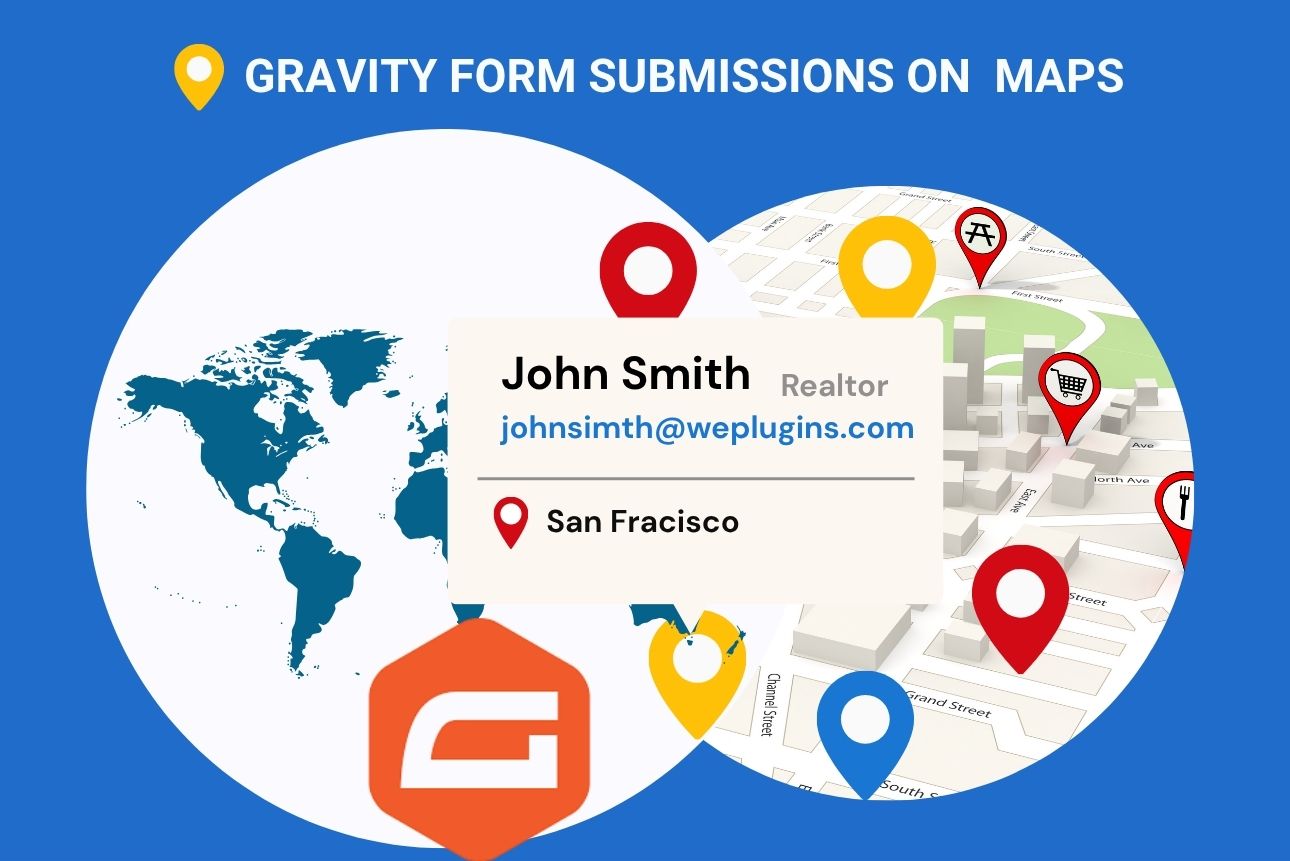This website uses cookies so that we can provide you with the best user experience possible. Cookie information is stored in your browser and performs functions such as recognising you when you return to our website and helping our team to understand which sections of the website you find most interesting and useful.
nav_menu_items_post_type_name filter
The dynamic portion of the hook name, $post_type_name, refers to the slug of the current post type.
To use nav_menu_items_post_type_name filter, first you have to register it using add_filter. You can write this code into functions.php of your activated theme or in a custom WordPress Plugin.
We at WePlugins, always prefer to create a custom WordPress Plugin while using hooks so nothing breaks when you update your WordPress Theme in the future.
In the below live example, we have defined a function modify_nav_menu_items_post_type_name_defaults which takes 3 parameters and we registered using add_filter. The first parameter nav_menu_items_post_type_name is name of the hook, The second parameter modify_nav_menu_items_post_type_name_defaults is name of the function which needs to be called, third parameter is the priority of calling the hook if same hook is used multiple times and the last parameter is the number of arguments (if any) to be passed in the registered function.
Sometimes, you have to remove a registered hook so you can use remove_filter to remove nav_menu_items_post_type_name filter.
Parameters
- $posts: (object[]) The posts for the current post type. Mostly
WP_Postobjects, but can also contain “fake” post objects to represent other menu items. - $args: (array) An array of
WP_Queryarguments. - $post_type: (
WP_Post_Type) The current post type object for this menu item meta box.
Below are the 3 parameters required to use this hook.
Example 1: Basic Implementation
Below is a basic example of how you can use this hook.
function weplugins_modify_nav_menu_items_post_type_name_defaults($posts, $args, $post_type) {
// Update the $posts variable according to your website requirements and return this variable.
return $posts;
}
// add the filter
add_filter( "nav_menu_items_post_type_name", "weplugins_modify_nav_menu_items_post_type_name_defaults", 10, 3 );
Example 2: Conditional Modification
This example shows how to conditionally modify the $posts variable.
function weplugins_modify_nav_menu_items_conditionally($posts, $args, $post_type) {
if ($post_type->name == 'custom_post_type') {
// Modify $posts only for 'custom_post_type'.
}
return $posts;
}
// add the filter
add_filter( "nav_menu_items_post_type_name", "weplugins_modify_nav_menu_items_conditionally", 10, 3 );
Example 3: Removing a Hook Callback
To remove a hook callback, use the example below.
remove_filter( "nav_menu_items_post_type_name", "weplugins_modify_nav_menu_items_post_type_name_defaults", 10, 3 );
Please make sure to provide the same callback function name, priority, and number of arguments while removing the hook callback.
Contact Us
If you’re having any trouble using this hook, please contact our WordPress Development Team and we’d be happy to assist you.
Explore the latest in WordPress
Trying to stay on top of it all? Get the best tools, resources and inspiration sent to your inbox every Wednesday.




